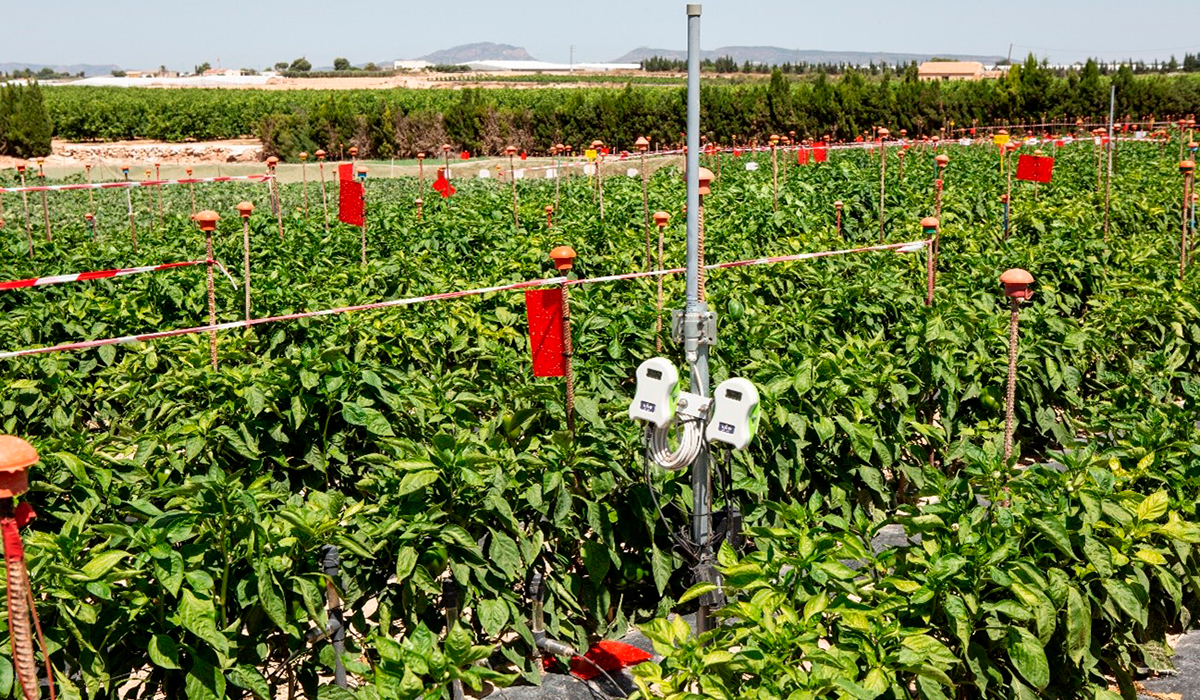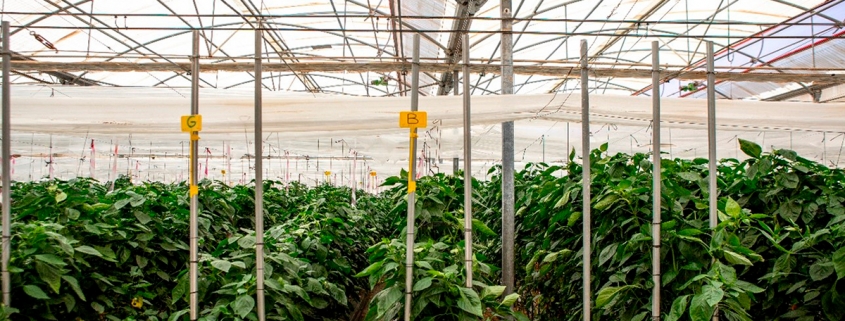A new greenhouse assay sheds light on the effects of irrigation with ozonated water in soil fertility, biodiversity and plant growth
Soil biodiversity is key to maintain ecosystem services and soil fertility. However, the huge soil microbial diversity is affected by agricultural practices such irrigation, fertilizers, pollutants, etc. Among them, the accumulation of pesticides in soil is a threat in global agriculture. The LIFE AGREMSO3IL has suggested the use of ozone in irrigation water as a strategy for fostering pesticide degradation. Ozone is an oxidant and biocide molecule that could potentially affect to soil biodiversity and their key functions related to soil fertility.

The recent study lead by CEBAS-CSIC have preliminarily revealed that the irrigation with ozonated water does not decrease the content of soil organic carbon, a key indicator of soil sustainability in Mediterranean agroecosystems. Nevertheless, results suggest that this type of irrigation contributes to the partial degradation of organic matter and the release of bioavailable forms of carbon and nitrogen in soil. These results are in agreement with the observed increases in soil enzyme activities which are intimately linked to nutrient cycles. These increases are also related with the variations in the biomass of the soil microbial community. At plant level, results showed that ozonated water caused a greater photosynthetic rate and fruit quality in tomato crops. These results are preliminary and further research would extent the knowledge on the potential effects of ozonated water in soil-plant systems.




